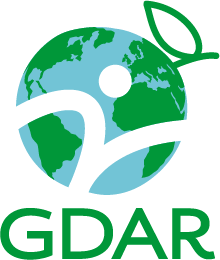GDAR is working to deliver high quality, novel and policy-relevant research to help prevent non-communicable diseases such as type 2 diabetes, heart disease, and cancers, in low and middle income countries.
Our research agenda is set jointly with our partners and informed by consultation with their stakeholders. Leadership for different aspects of the research, and activities to build capacity, are shared according to expertise across the whole network.
Much our research takes place across two or more partner countries, to take advantage of having access to different settings. This helps us understand the power of local contexts, as well as better enabling us to find more generalisable answers to questions across low and middle income settings.
Current research – GDAR Spaces
The GDAR Network was refunded by the NIHR Global Health Research initiative in 2021.
We are building on the first phase of our research, which explored how policy, community and commercial systems shape diet and PA environments and behaviours in cities in low and middle income countries.
As well as urbanisation, the Network has identified climate change as an important driving force behind environmental hazards with negative implications for diet and physical activity. These hazards are increasing in LMICs and disproportionately affect the urban poor.
Past and ongoing research
The first stage of GDAR Network ran from 2017-2021. Our goal in that period has been to lay the foundations for a well-functioning Network, and innovative research in diet and physical activities in low and middle income urban settings.
